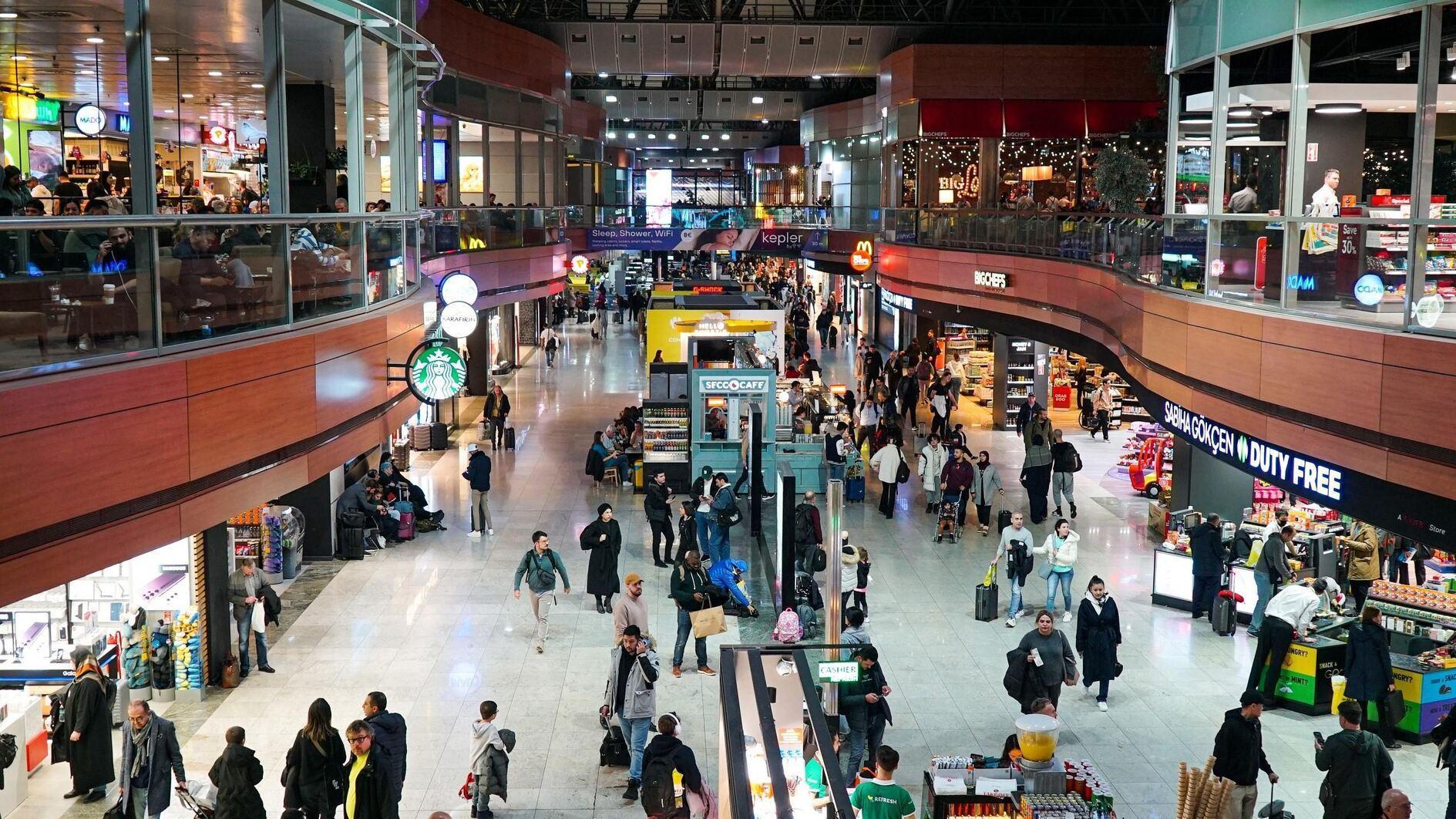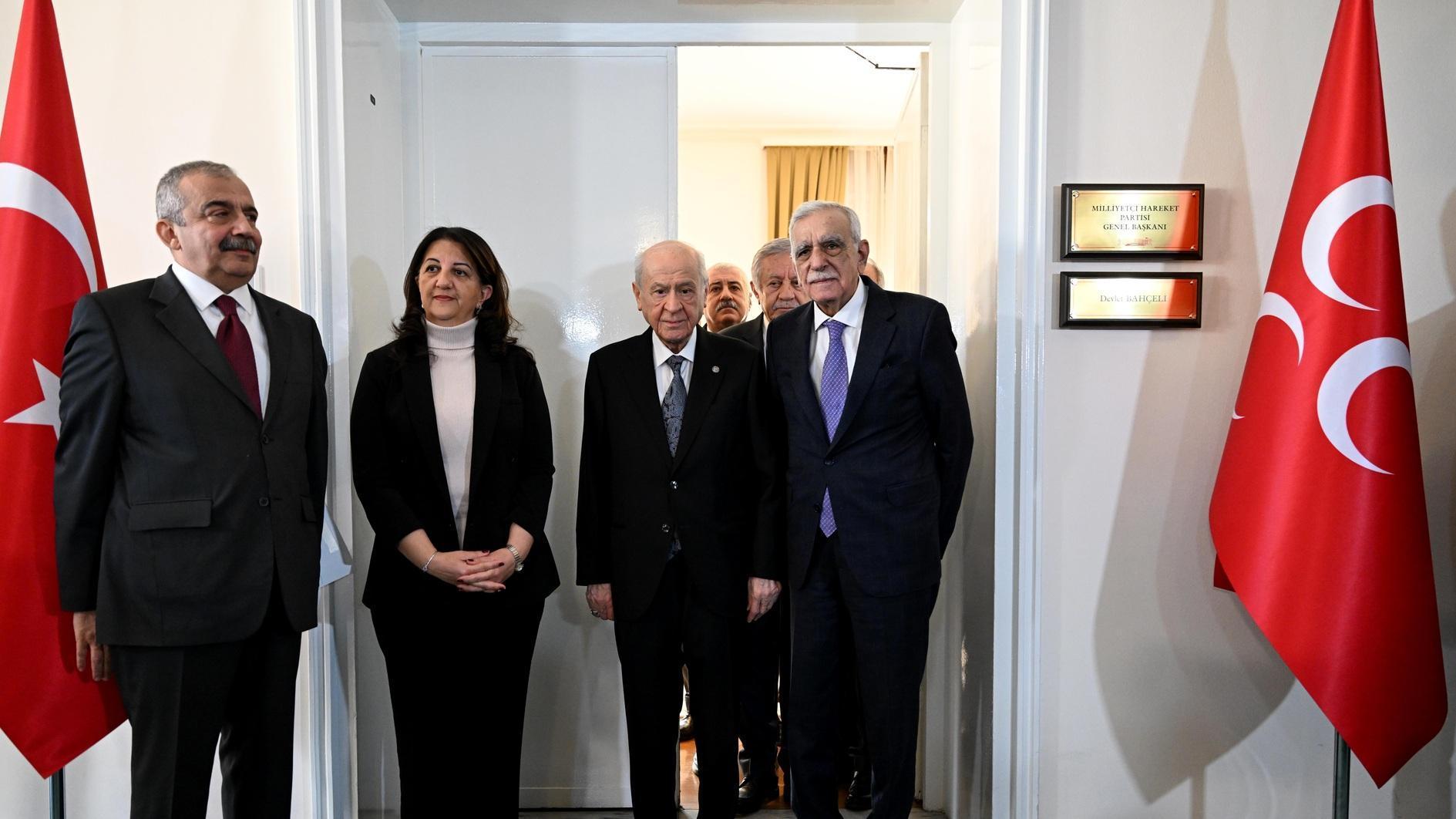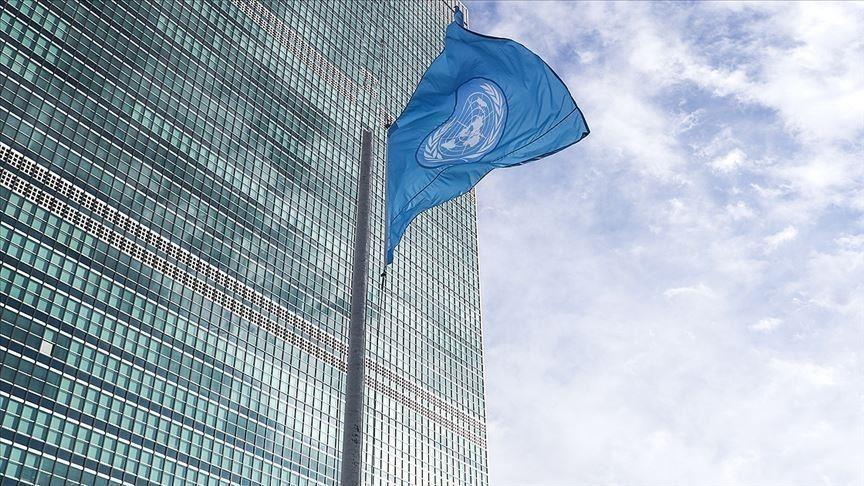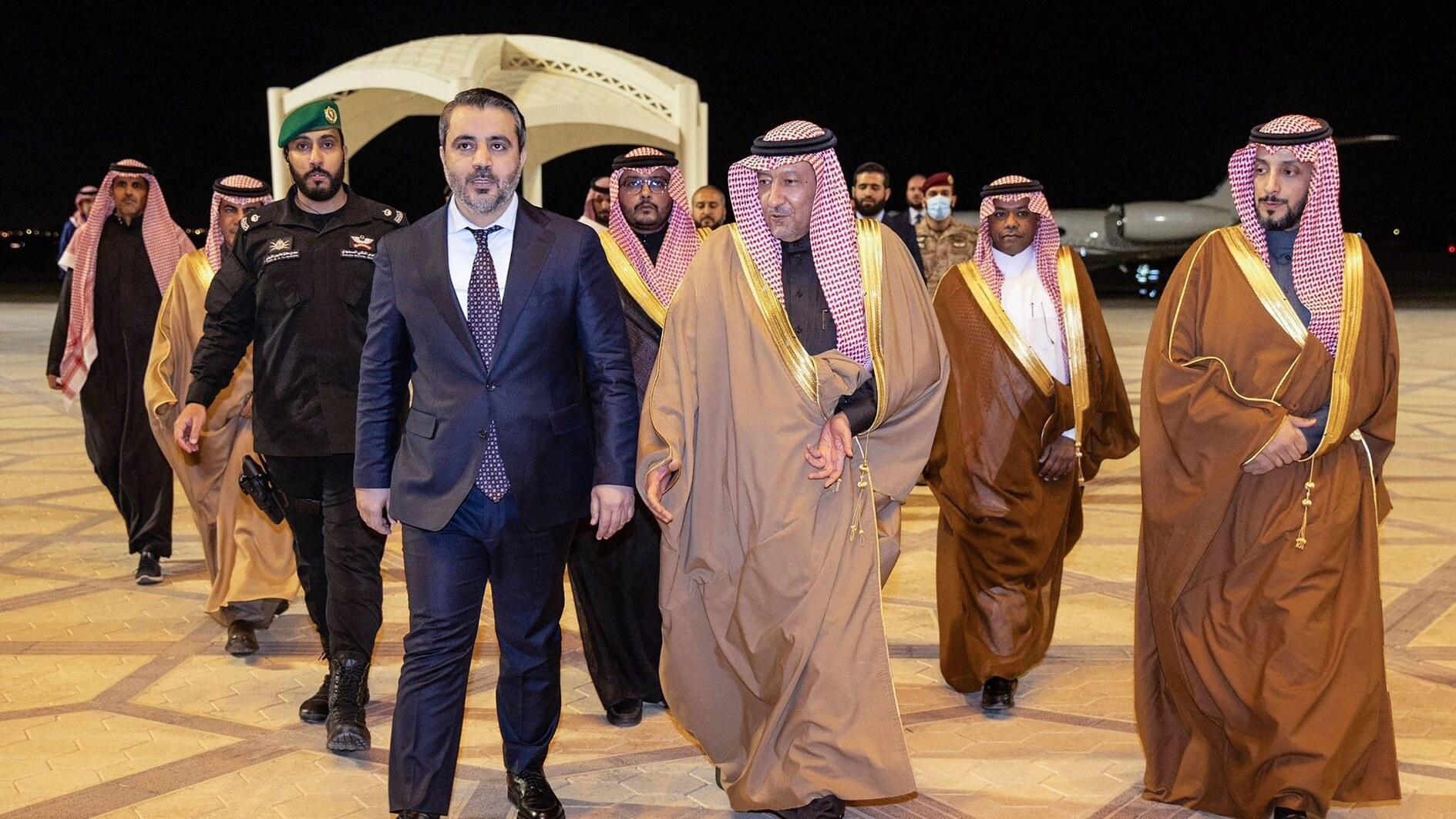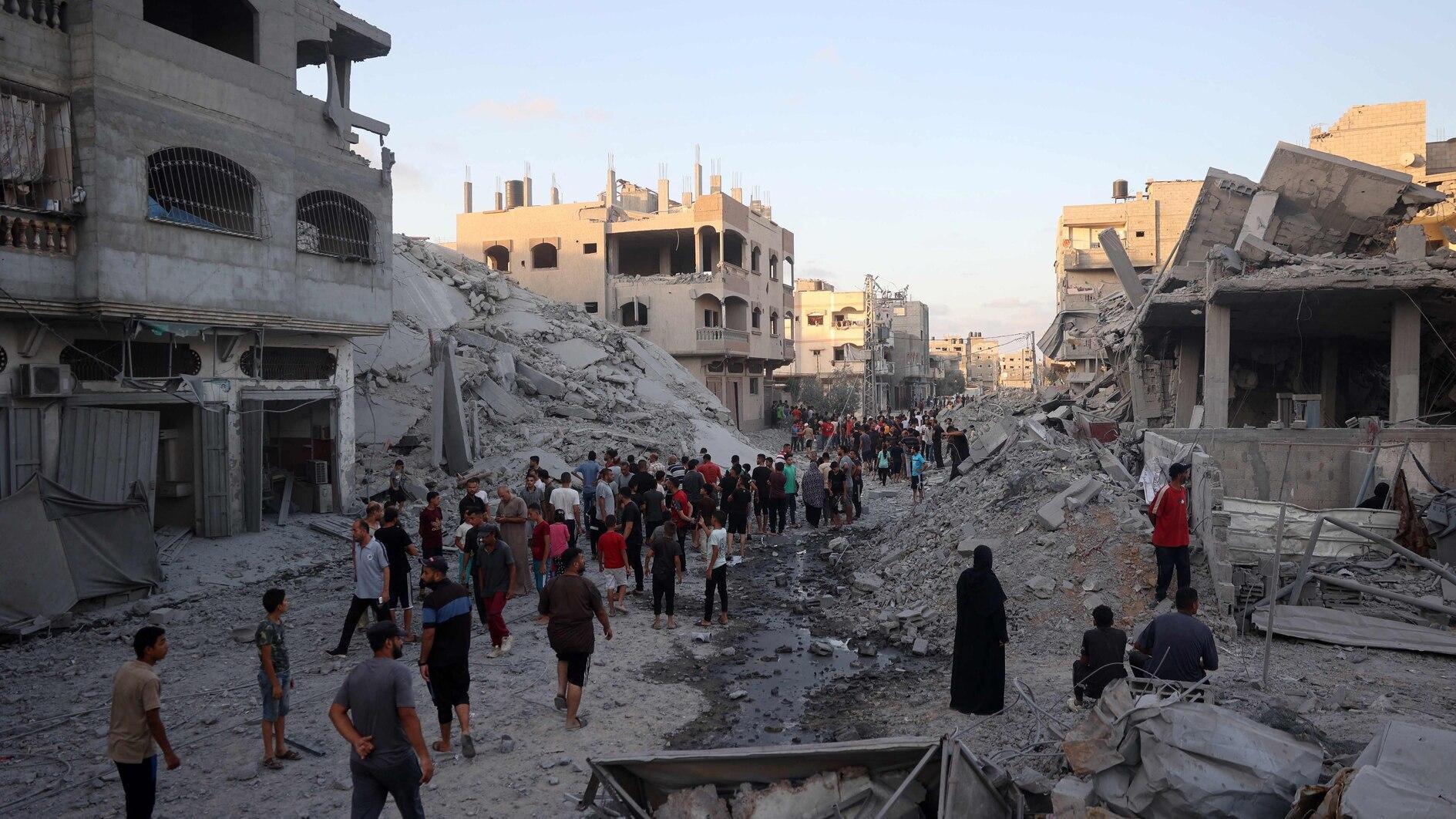Mideast wraps up tumultuous year, braces for hope, uncertainty in 2025
İSTANBUL
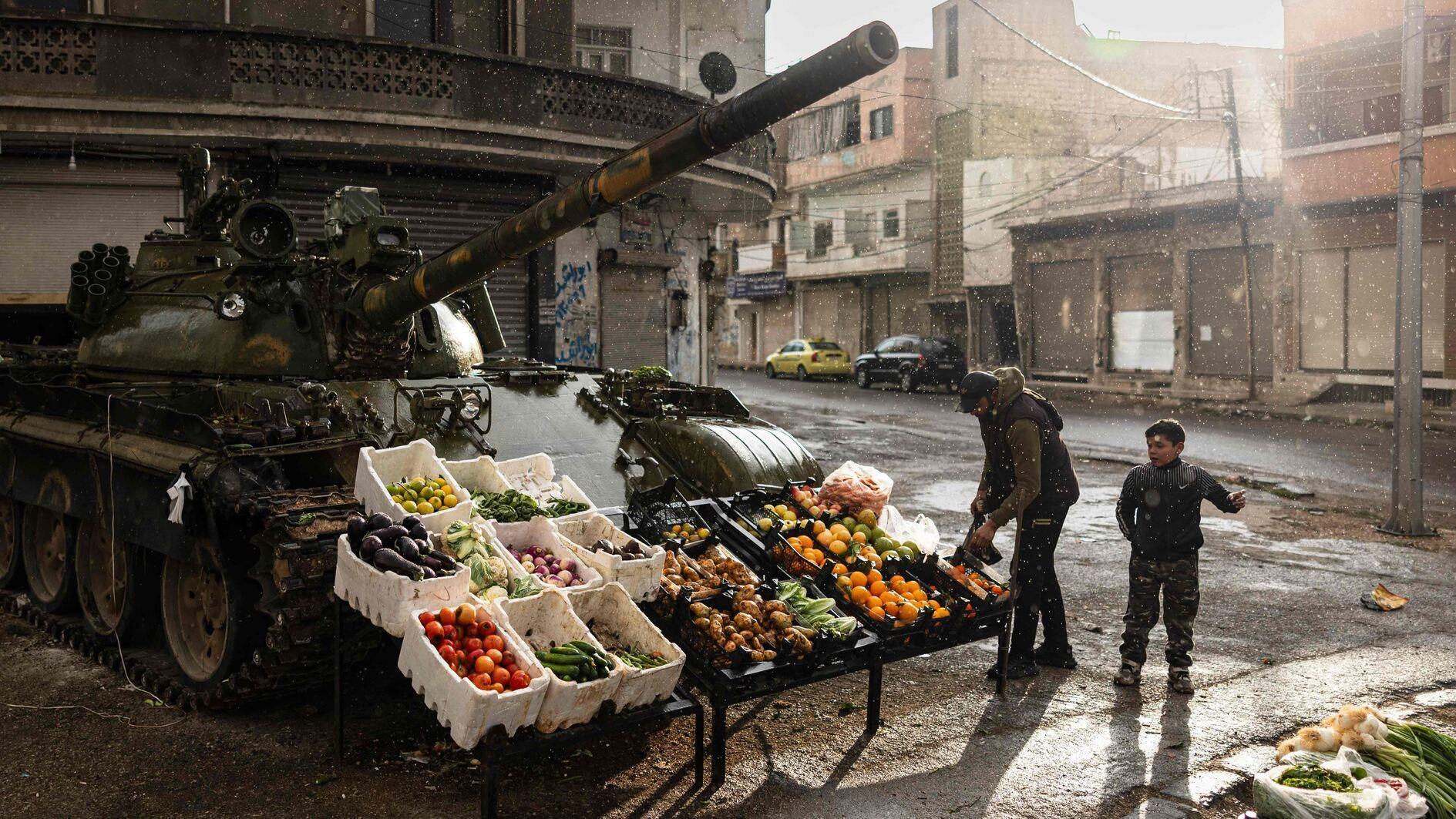
Children warm by the fire at the Bureij camp for displaced Palestinians on Dec. 30, 2024
The transformative and tumultuous events that unfolded across the Middle East in 2024 have set the stage for 2025 to emerge as a year of profound geopolitical, socio-political and strategic recalibrations.
With the dawn of Jan. 1, 2025, the global agenda is likely to be dominated by the region’s shifting dynamics, this pivotal year is poised to reshape the regional and global landscapes, driven by unresolved conflicts, emergent power dynamics and nascent opportunities.
Gaza: Escalating complexities
Throughout 2024, Gaza endured an incessant onslaught of hostilities, exacerbating an already dire humanitarian crisis. The crux of 2025’s regional agenda will undoubtedly be the protracted impasse surrounding the Israel-Hamas ceasefire and prisoner exchange negotiations. This deadlock is likely to draw intensified diplomatic interventions, particularly from actors such as Türkiye, the United States, Qatar and Egypt who seek to mediate amidst a volatile stalemate.
The reopening of humanitarian corridors in Gaza and the imposition of international pressure for a ceasefire seem plausible. Particularly by the year’s end, Israel’s policies, resembling a "Generals’ Plan," nearly severed aid to northern Gaza, deepening the already severe humanitarian plight.
The year was also marked by high-profile assassinations, notably the targeted killings of key Hamas and Hezbollah leaders, which set the stage for further escalations.
In July 2024, Israel, via a remote-controlled bomb, killed Ismail Haniyeh, Hamas' leader at the time, while attending the funeral of Iran's newly elected president. Subsequently, in September, Hezbollah's leader Hassan Nasrallah was assassinated in a precision airstrike in Beirut, followed by Yahya Sinwar, Hamas' leader after Haniyeh, who was killed in Gaza. These high-profile eliminations intensified the region’s volatile atmosphere and further complicated peace efforts.
The burgeoning hostility between Israel and Yemen’s Houthi insurgents, which crystallized during the waning months of 2024, may escalate into a fulminant conflict in 2025. The ’ drone strikes and incendiary rhetoric portend a widening of the region’s conflict theatres.
Iran’s Israel conflagration, changes at home
Another pivotal moment came with the escalation of the long-standing proxy conflict between Iran and Israel, which for the first time saw direct strikes between the two powers.
The overt confrontation between Iran and Israel in 2024, marked by aerial skirmishes and targeted operations, signifies a watershed moment in their protracted enmity.
The next year is likely to witness intensified deliberations over Iran’s nuclear ambitions, with potential resumption of negotiations under international auspices. Washington’s posture towards these negotiations, alongside Europe’s stance on sanctions alleviation, will critically influence the trajectory of Iran-Israel dynamics and broader regional stability.
Iran also witnessed a political shift. In May, the country was rocked by the deaths of President Ebrahim Raisi in a helicopter crash, sending shockwaves throughout the region. In the elections that followed, reformist candidate Masoud Pezeshkian was elected president.
His tenure has been characterized by focus on domestic reforms and a shift toward a more conciliatory foreign policy, notably with his veto of a law mandating severe penalties for women who violated the compulsory hijab regulations at the end of year.
Reconstruction of Syria
Perhaps the most momentous change of 2024 occurred with the fall of Syrian President Bashar al-Assad's regime in December. The opposition groups' entry into Damascus and the subsequent collapse of the 61-year-old Baath party regime, has set in motion a wave of transformations, including the return of Syrian refugees and the quest for a “new Syria.”
Amid hope and optimism, efforts to rebuild the nation are underway, but issues related to governance, women's rights and minority rights are likely to shape the country's future trajectory. As Islamic groups are poised to play a significant role in the country's governance, questions about democratic reforms and the balance of power will dominate the discourse in 2025.
Moreover, Israel’s concerns about security following Assad’s downfall and its advancements into the Golan Heights will likely remain a key issue for the coming year, representing a paradigmatic shift in its strategy calculus, intensifying regional tensions.
The year of 2025 stands as a year of monumental change for the Middle East. With both conflicts and opportunities for diplomacy on the horizon, the region's fate will be determined by the actions and decisions of its leaders. The complexities of the geopolitical landscape, underpinned by high-profile assassinations and the ever-shifting alliances, will have profound repercussions not only for the Middle East but for global security and economic stability.


